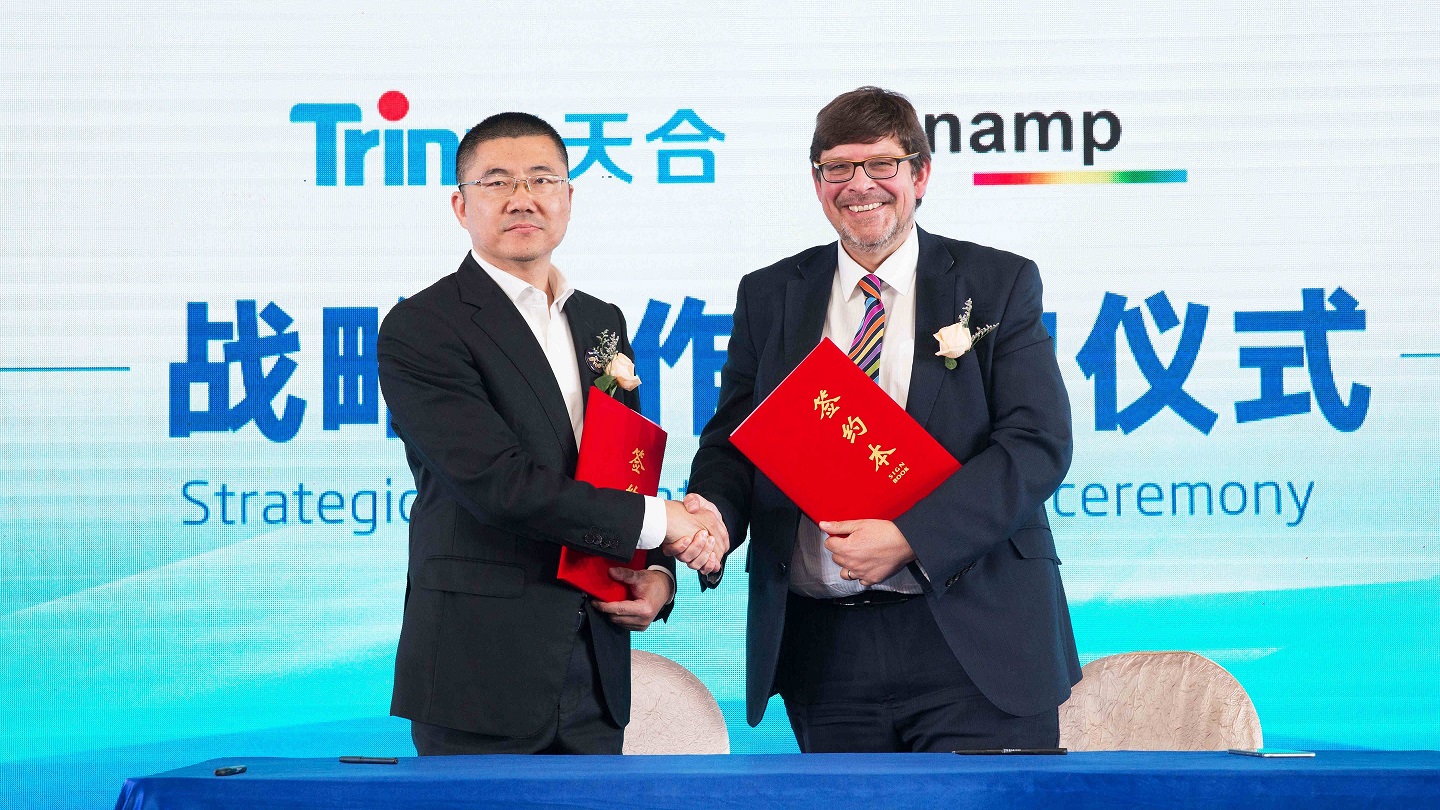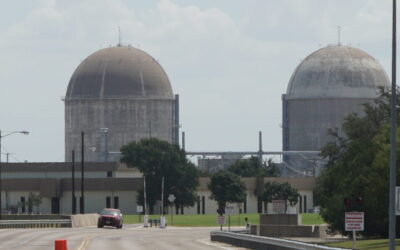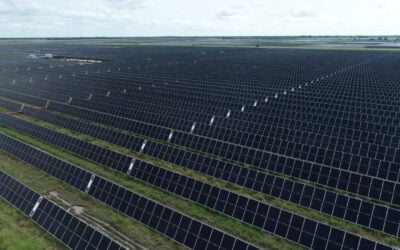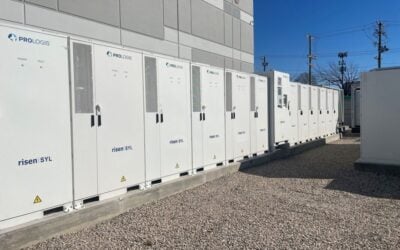
Washington’s first grid-scale project is at a combined solar and storage training facility
Washington is to get its first ever utility-scale solar-plus-storage project, at a “first-of-a-kind” training facility which includes 4MW of PV and a 1MW lithium-ion battery energy storage system.
Combining solar generation with battery storage and technician training, the project is being built for Energy Northwest, a consortium formed to help Washington residents pool the region’s electric power resources to help keep prices low and networks stable. Horn Rapids Solar, Storage & Training Project is expected to break ground in the winter of 2019.
Enjoy 12 months of exclusive analysis
- Regular insight and analysis of the industry’s biggest developments
- In-depth interviews with the industry’s leading figures
- Annual digital subscription to the PV Tech Power journal
- Discounts on Solar Media’s portfolio of events, in-person and virtual
Power and communications company Potelco is constructing the project in Richland, Washington, where Energy Northwest said “hundreds of workers from throughout the country” will train at the facility. Energy Northwest anticipates this will benefit the Tri-Cities region by about US$3 million annually.
The storage portion of the project comes at a cost of US$6.5 million, US$3 million of which was contributed by the Washington Department of Commerce’s Clean Energy Fund. On 25 October, Energy Northwest committed to executing the project.
“This will be the first development to integrate both solar and battery storage into our state’s clean mix of hydro, nuclear and wind generation,” President of the directors’ board at Energy Northwest Terry Brewer said.
“The battery will smooth the solar output, shift off-peak solar generation to times when the energy is needed, and help reduce peak energy demand,” Clint Gerkensmeyer, Energy Northwest’s project manager, energy services and development, said.
Small-scale system for Bolivia will offset 130,000 litres of diesel a year
A modestly-sized solar-plus-storage system has been installed in a northeastern Amazonian region of Bolivia, Latin America, by a locally-founded partnership.
Through a public tender process, partners Soventix and SIE SA were awarded the project, which combines 426kWp of solar PV and a 60kW / 67kWh lithium battery storage in El Sena, Bolivia. The contract was awarded in February this year by a state-owned energy supplier and construction began soon afterwards in April.
The plant is located in a remote region heavily dependent on diesel fuel, which is expensive and polluting. The solar-plus-storage plant is expected to offset some 130,000 litres of diesel fuel consumption annually.
Soventix project manager Daniel Rojas said the site is so remote that materials couple only be brought to the plant by sea freight and transported along “poorly paved roads”.
“By supplementing the photovoltaic system with a battery system, the existing diesel generators can be effectively complemented. This will save emissions and costs in the future,” Rojas said.
Texas awards US$1 million grant for 42MWh project
A US$1 million grant has been awarded to the development of a 10MW / 42MWh battery energy storage system (BESS) at Upton 2 Solar Power Plant, a 180MW solar PV generation facility in Texas, by the US state’s Commission on Environmental Quality.
Texas’ largest operating solar facility to date, in a state best known for oil and gas – and latterly wind energy – Energy-Storage.news reported on the project in June, as system integrator FlexGen was awarded the contract to install the battery system.
Luminant, owner of Upton 2, is executing the project through subsidiary Vistra Energy. The battery system will capture excess solar energy generated during the day, dispatching it in late afternoon and evenings when demand peaks.
Expected to be operational towards the end of this year, the US$1 million grant was supplied by the New Technology Implementation Grant scheme, through the Texas Commission on Environmental Quality’s Texas Emissions Reduction Plan.
Scottish heat battery maker Sunamp partners with Trina Solar
A Scotland-headquartered maker of ‘heat batteries’ which use a phase-changing material to store heat that can be used in domestic hot water and heating, has just signed a partnership deal with Chinese solar giant Trina Solar to develop an integrated solution.
Thermal storage batteries by Sunamp will be combined with Trina Solar’s heat pumps, a new line of products to be manufactured at a new factory in Changzhou.
The two companies signed a Memorandum of Understanding (MoU) at the official opening of Trina’s new heat pump facility on October 20.
The agreement will see UniQ heat batteries from Sunamp, based in Edinburgh, used in combination with Trina’s heat pumps to deliver what both have described as ‘a game-changing cleantech solution’.
According to Sunamp, the combined system will offer between 23 – 35kWh of storage, with the company working in collaboration with Trina Solar to ensure its manufacturing capabilities keep pace with that of the Chinese firm.
Energy-Storage.news visited the offices of Sunamp in March 2016, where we found out what goes into the devices, how the science behind them was developed and the company’s ambitions for manufacturing and deploying their units in a special video feature. Later that year, Sunamp batteries were taken to China for the first time, through the the Edinburgh-Shenzhen Creative Exchange (ESCE).
Additional reporting by David Pratt.






